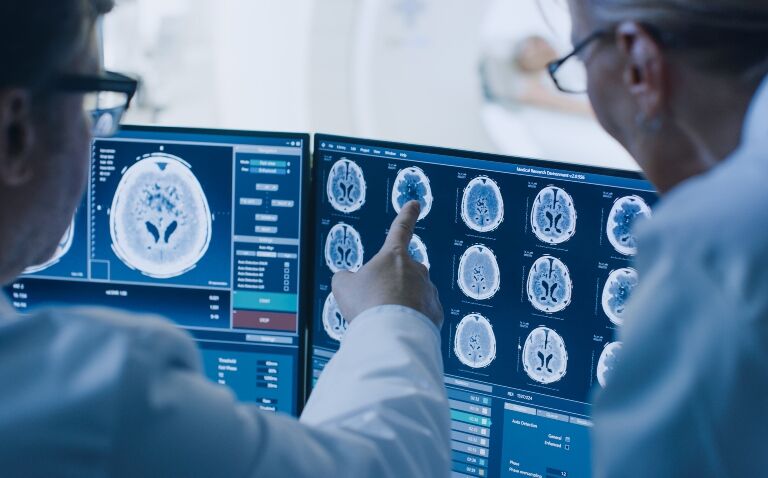Combining the antiangiogenic agent bevacizumab with chemotherapy improves outcomes in children with relapsed and refractory high-risk neuroblastoma (RR-HRNB), according to a recent trial conducted by the Cancer Research UK Clinical Trials Unit at the University of Birmingham, UK.
Published in the Journal of Clinical Oncology, the BEACON Neuroblastoma trial evaluated three backbone chemotherapy regimens and the addition of bevacizumab.
The primary endpoint was best overall response (complete or partial) rate (ORR) during the first six courses, by RECIST or International Neuroblastoma Response Criteria for patients with measurable or evaluable disease, respectively.
Secondary endpoints were safety, progression-free survival (PFS) and overall survival time.
A total of 160 young people with RR-HRNB aged 1-21, from 43 hospitals in 11 European countries, were randomly assigned in a 3 × 2 factorial design to temozolomide, irinotecan-temozolomide, or topotecan-temozolomide with or without bevacizumab.
The researchers found that the addition of bevacizumab led to more young people seeing their tumours shrink, with the ORR at 26% (95% CI, 17 to 37) compared with 18% (95% CI, 10 to 28) without bevacizumab (risk ratio [RR], 1.52 [95% CI, 0.83 to 2.77]; P = .17).
The one-year PFS in the bevacizumab arms was 0.46 (95% CI, 0.34 to 0.56) compared with 0.38 (95% CI, 0.27 to 0.49) in the non-bevacizumab arms.
Simon Gates, professor of biostatistics and clinical trials at the University of Birmingham and senior lead author of the paper, said: ‘These are very exciting results that hopefully get us closer to finding treatments for children who develop neuroblastomas.
‘Currently, the outcomes are really poor for children who get this horrible cancer and so even seemingly small increases in the chance that a patient is going to be able to shrink their tumours is significant.
‘We are delighted that the BEACON trial has helped to shape treatment for children with RR-HRNB going forward.’
Dr Lucas Moreno, head of pediatric hematology and oncology at Vall d’Hebron University Hospital, Barcelona, Spain and chief investigator for the study, said: ‘BEACON was a hypothesis-generating trial that has served to identify active regimens that are now being further investigated.
‘We are delighted that the data generated has been incorporated into the current UK Clinical Practice Guidelines and bevacizumab is incorporated into standard treatment for relapsed neuroblastoma.’










